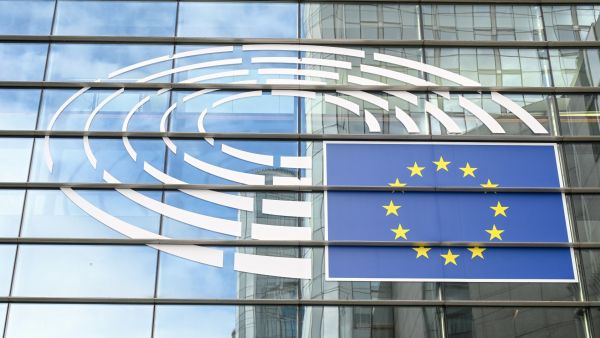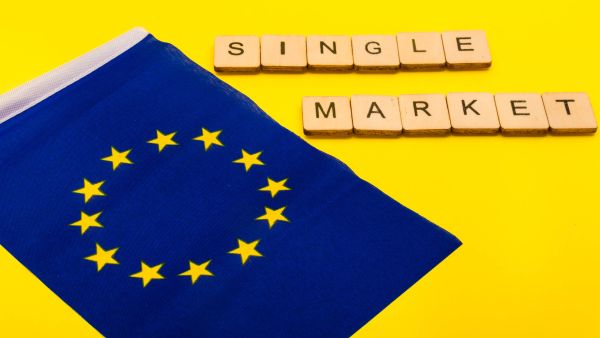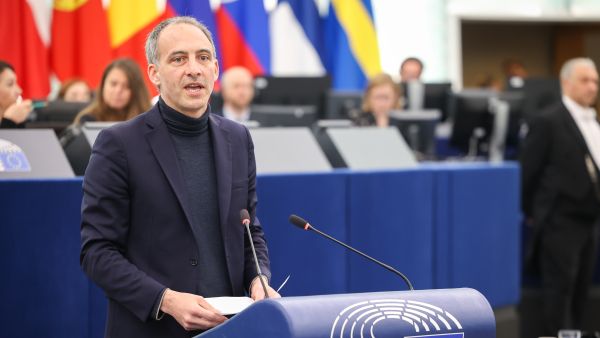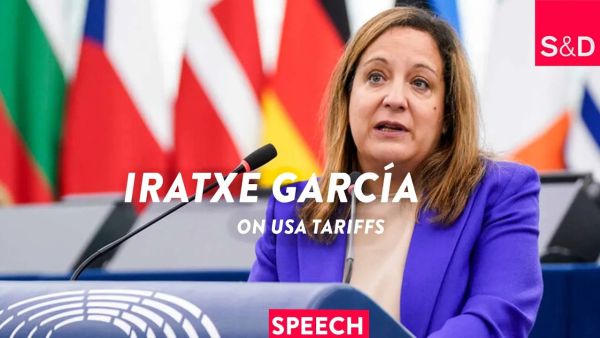Today, the European Parliament, the Commission and the Council started negotiations to modernise the EU’s trade defence instruments. Updating the EU’s rules, which have remained largely unchanged since 1995, will enable EU companies to tackle unfair competition from dumped and subsidised imports from third countries.
The S&Ds regret that the member states have been wasting precious time and they have now missed the opportunity to push for strong legislation to defend EU companies and EU jobs against unfair competition. The lack of ambition in the member states’ proposals means there will be a tough negotiation process with the European Parliament.
S&D spokesperson on trade, Alessia Mosca MEP, said:
“For nearly three years – since the European Parliament agreed on an ambitious first-reading position – we have been waiting for the beginning of the negotiations. We note with deep regret that member states do not share our ambition and that the initial positions are a long way apart. The Socialists and Democrats will build on the political consensus reached in the European Parliament to better protect the European workers and industries.
“The European trade defence instruments can only be modernised if a truly level global playing field is preserved through a series of effective mechanisms,” added Alessia Mosca. “We will go into the trilogue with a spirit of constructive partnership hoping that this attitude will be shared by the Council. We will do our best to modify the proposal to meet the expectations of both workers and industries.”
Bernd Lange, S&D MEP and chair of the committee on international trade, said:
"Our goal is clear: we want to deliver effective tools to protect our industries from unfair trading practices and we are ready to engage in constructive discussions with the Council. But it takes two to tango and right now it's up to member states to prove that they are truly able to negotiate and show flexibility."
The Socialists and Democrats' key demands for the trilogue include:
- Support for SMEs. The complexity and expense of initiating anti-dumping and anti-subsidy investigations – the costs linked to the complaint procedure can easily rise to over €200,000 – make them inaccessible for small and medium-sized companies. Therefore, the S&Ds want to provide a helpdesk for SMEs that would assist them with putting together the initial evidence of economic injury and assist with capacity building and legal consultancy.
- Disapply the lesser duty rule when social and environmental standards are not met. Under a lesser duty rule, authorities impose duties at a level lower than the margin of dumping if this level is adequate to remove injury. The S&Ds want to disapply the lesser duty rule in anti-dumping and anti-subsidy cases when it is established that the exporting country engages in practices that significantly distort the regular course of trade, such as when the exporting country does not have social and environmental standards at a sufficient level based on international conventions, or when the complainants are SMEs.
- Delete the pre-disclosure clause and shipping clause. The Commission proposes that EU importers and exporting third countries would be warned two weeks before provisional anti-dumping duties are imposed and that no measures would be imposed during this period. The Council plans to extend this period to four weeks. Neighbouring countries and even far-east operators would be able to take advantage of this period to ship all their stocks to European harbours before any anti-dumping duties could be imposed. Therefore, the S&Ds call for zero notice of investigations.
- Reject the proposal to reimburse duties collected during expiry-review investigations. Both the Commission and the Council propose to reimburse duties collected during investigations for an expiry review, if the investigation does not result in a renewal of the measures. This would represent an additional disadvantage for EU producers compared to foreign companies.
Note to editors:
The current EU defence law dates back to 1995. However, EU trade with third countries has changed considerably since. The European Commission presented a proposal to modernise the EU’s trade-defence instruments in April 2013. The European Parliament adopted its position at first reading in February 2014. After more than two and a half years, the Council finally broke the deadlock on the file when the October 2016 European Council asked for 'an urgent and balanced agreement on the comprehensive modernisation of all trade defense instruments by the end of 2016'. The European Parliament supported the Maltese presidency’s plan to start the inter-institutional process and proceed with the informal trilogue on the modernisation of trade-defence instruments in order to build on the political consensus reached over the compromise in the Council.









